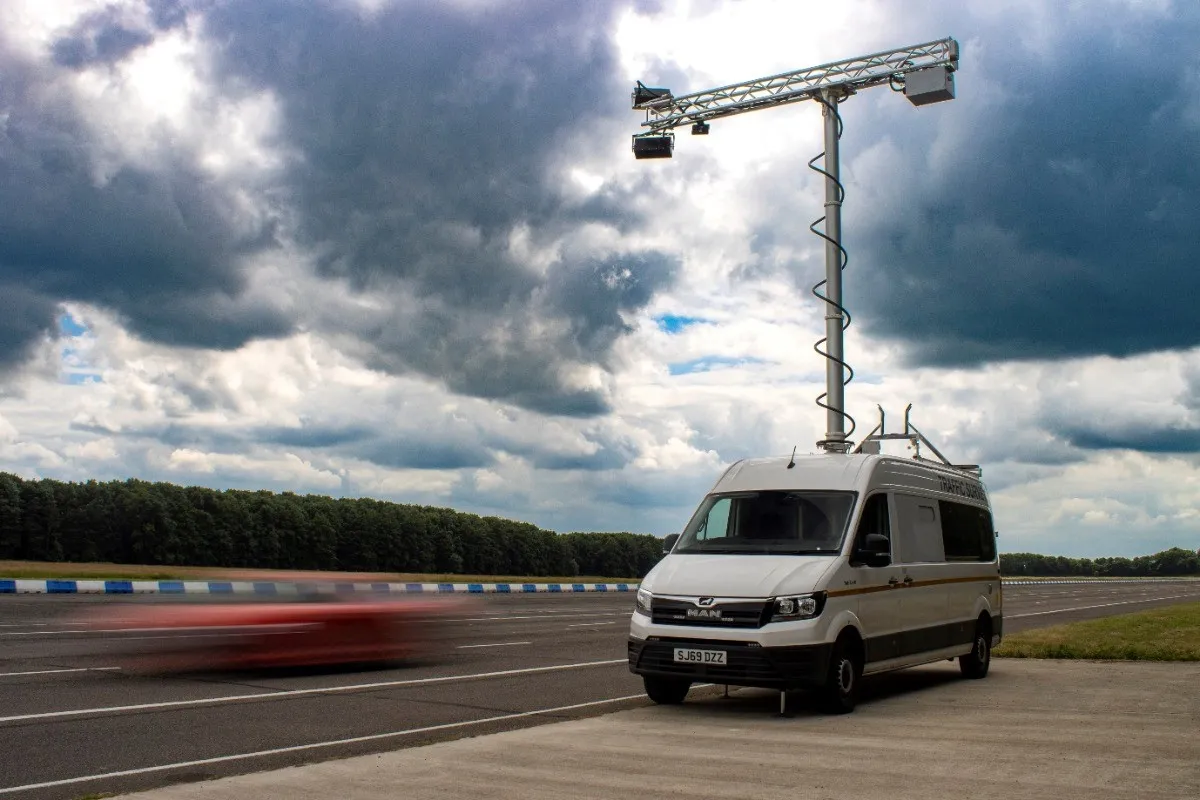Drivers convicted of causing death by dangerous driving should be given stronger and more consistent penalties, according to UK road safety charity the IAM (Institute of Advanced Motorists). An IAM analysis of eleven recent prosecutions involving mobile and smartphone use revealed that the average sentence for causing death by dangerous driving is four-and-a-half years in prison and a disqualification from driving for seven years. In all of the cases analysed, the convicted drivers were found to have lost
September 17, 2013
Read time: 2 mins
Drivers convicted of causing death by dangerous driving should be given stronger and more consistent penalties, according to UK road safety charity the IAM (5125 Institute of Advanced Motorists).
An IAM analysis of eleven recent prosecutions involving mobile and smartphone use revealed that the average sentence for causing death by dangerous driving is four-and-a-half years in prison and a disqualification from driving for seven years. In all of the cases analysed, the convicted drivers were found to have lost their concentration due to using their mobile phone.
Loss of concentration was said by the IAM to have resulted in six incidents where vehicles ran into the back of a stationary or slow moving queue of traffic or a broken down vehicle; three incidents where vehicles drifted across the road and hit another vehicle head-on; and two incidents leading to the death of a pedestrian.
The IAM says that the vast majority of the public agree that that using a mobile phone while driving is clearly unsafe. Yet the road safety charity says that since 2006, 750,000 fixed penalties have been issued to drivers for this very reason.
IAM chief executive Simon Best said, “The maximum sentence available to the courts is fourteen years, so there is still scope for an even stronger road safety message that drivers who kill whilst distracted on their phones will be caught and jailed for a long time.
“The lesson here is obvious: never use your phone while driving. Whether you have a hands free kit or use loudspeaker, it doesn’t matter. Using your phone in any capacity reduces your attention from the task at hand – driving.”
An IAM analysis of eleven recent prosecutions involving mobile and smartphone use revealed that the average sentence for causing death by dangerous driving is four-and-a-half years in prison and a disqualification from driving for seven years. In all of the cases analysed, the convicted drivers were found to have lost their concentration due to using their mobile phone.
Loss of concentration was said by the IAM to have resulted in six incidents where vehicles ran into the back of a stationary or slow moving queue of traffic or a broken down vehicle; three incidents where vehicles drifted across the road and hit another vehicle head-on; and two incidents leading to the death of a pedestrian.
The IAM says that the vast majority of the public agree that that using a mobile phone while driving is clearly unsafe. Yet the road safety charity says that since 2006, 750,000 fixed penalties have been issued to drivers for this very reason.
IAM chief executive Simon Best said, “The maximum sentence available to the courts is fourteen years, so there is still scope for an even stronger road safety message that drivers who kill whilst distracted on their phones will be caught and jailed for a long time.
“The lesson here is obvious: never use your phone while driving. Whether you have a hands free kit or use loudspeaker, it doesn’t matter. Using your phone in any capacity reduces your attention from the task at hand – driving.”






